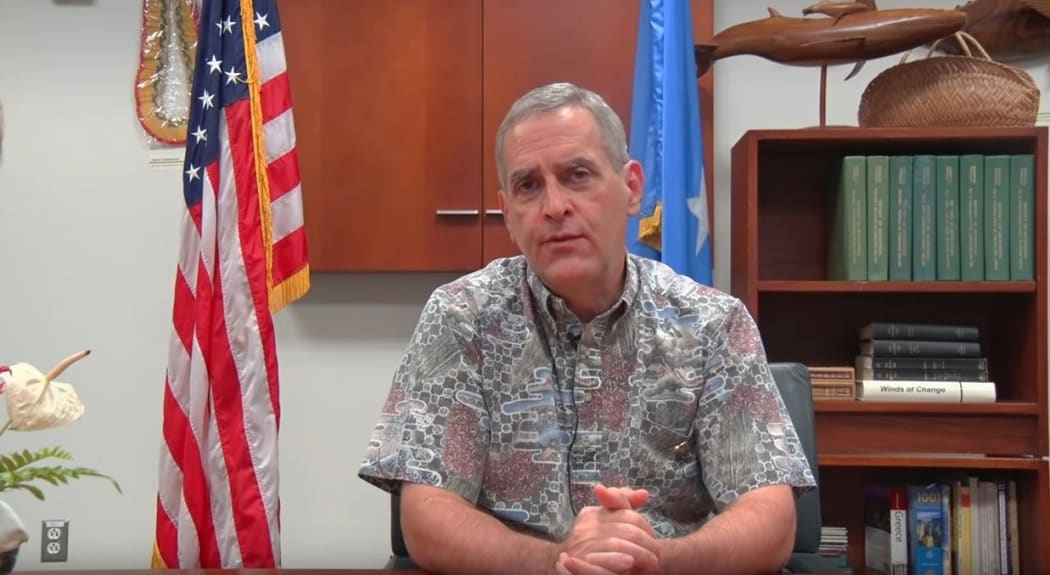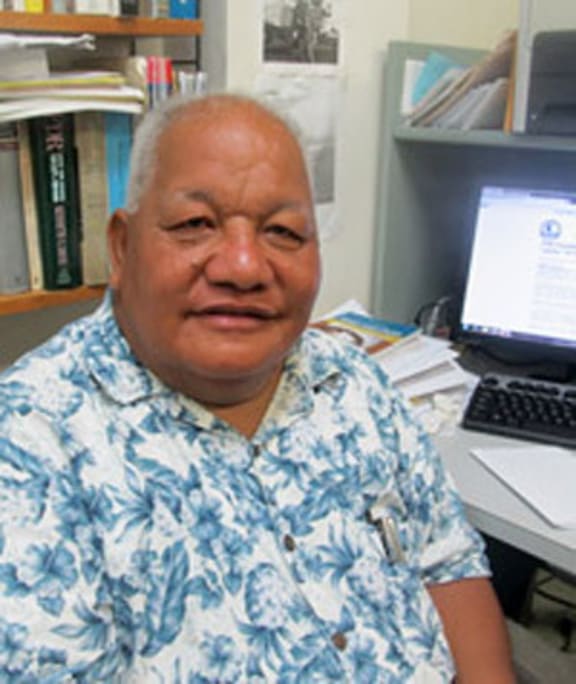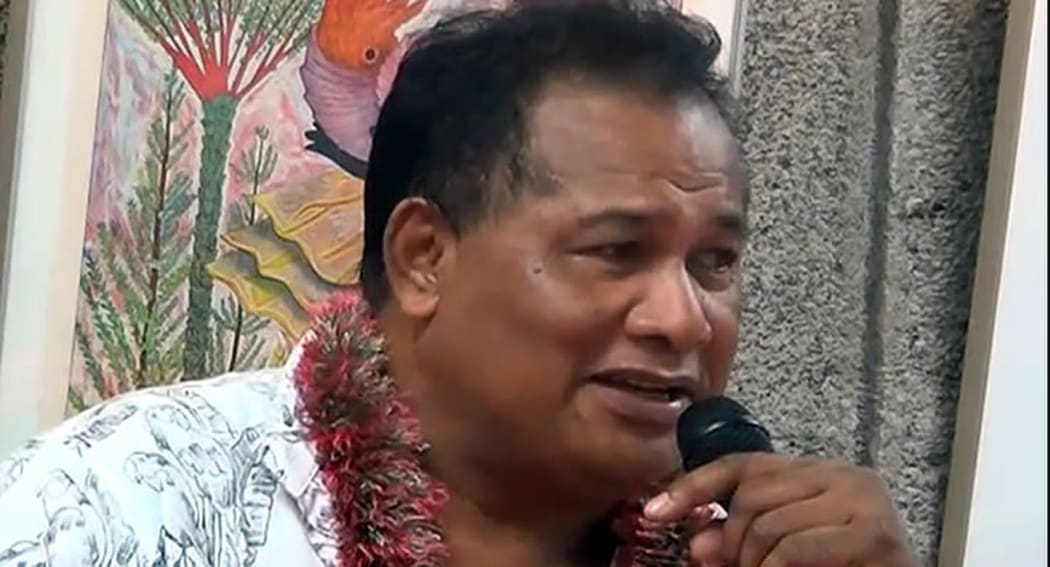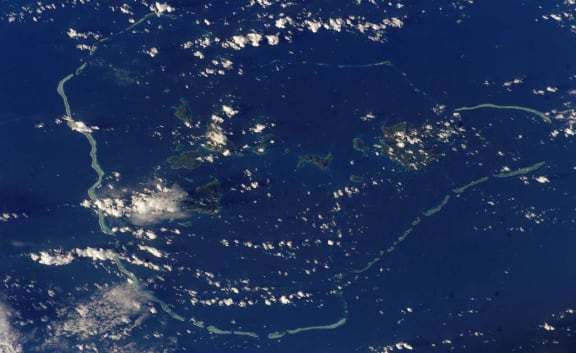Efforts are continuing to have Chuuk leave the Federated States of Mircronesia despite warnings its departure would adversely impact the island group.
The FSM consists of the states of Pohnpei, Yap, Kosrae and Chuuk but around 50,000 Chuukese are scheduled to take part in a secession vote next March.

The US Ambassador to the FSM, Robert Riley Photo: US Embassy
Debate over Chuuk independence has heated up recently with US Ambassador Robert Riley and former FSM president John Haglegam indicating there could be dire consequences if it happened.
Last month, Mr Riley said the Compact agreement, which governed the US relationship with the FSM and provided for significant funding, would be lost by Chuuk if it went out on its own.
"The current Compact of Free Association is with the Federated States of Micronesia and therefore does not cover a separate entity of Chuuk," he said.
"That is a legal distinction that is non-negotiable.
"There is no bad intent involved here or malevolent intent, it's just the Compact is with the Federated States of Micronesia."
Mr Riley ruled out Chuuk receiving its own Compact agreement.

Former FSM President, John Haglegam Photo: RNZ
"It is not something that we did before the Compact of Free Association, it is not something we will do again.
"It is a product of the very unique circumstances that came out of World War Two and the fact that Micronesia had been a colony for many years of other European countries, and the idea that we were going to work with Micronesia towards independence," Mr Riley said.
A Compact-less Chuuk would also lose all access to US funding, the ambassador warned.
"Chuuk would not be eligible to get money from the trust fund.
"Without the trust fund there are certain things that I think Chuuk would have difficulty funding such as education and health and this could impact severely the ability of Chuuk to finance their education and health sectors," Mr Riley said.
John Haglegam now teaches history at the College of Micronesia. He said the Chuuk Independence Movement should heed the advice of the US ambassador.
"The movement was counting on US financial support very heavily. They wanted to have another Compact and now the US has told them the US is not going to give them any Compact. So they are going to lose any benefit, all the benefits that Chuuk receives under the Compact," Mr Haglegam said.
Chuuk would also lose access to direct emergency assistance, the use of the US Coast Guard and over 50 government components based on Chuuk, Mr Riley said.
"We don't know what they are going to do but they are less likely to remain if no Compact existed."
The open door immigration policy would also change, leaving many Chuukese based in the US in limbo, the ambassador said.
This proved secession was unwise, Mr Haglegam argued while pointing to constitutional difficulties Chuuk would have leaving the FSM.
"In every society you encounter crazy people. These are clinical crazy people. They say that if they secure the vote from the Chuukese population then they will come and ask the other three states to amend the Constitution to allow them to separate."

Chuuk Political Status Commissioner, Sabino Asor Photo: Chuuk Reform Coalition
Sabino Asor is the chair of the Chuuk Political Status Commission. He pointed out Mr Haglegam was not a trained lawyer and said he was speaking out of turn.
"He cannot accept the fact that there are people who regard the FSM nation as a mistake or an unaccountable entity," Mr Asor said.
As for secession being unconstitutional, Mr Asor said the Constitution was put together by different island groups, some of whom did not envision living together in a federation or union perpetually with competing rights and interests.

The islands of Chuuk state. Photo: Wikimedia Commons
Mr Asor also hit out at Ambassador Riley.
"Nowhere in the Compact does it allow the ambassador of either country to go into the other country to directly and personally participate in the local political process to influence the outcome of a local election or plebiscite."
It was sad and insulting for any American official to call the Compact relationships "the best there could ever be" considering the "long and winding" history of US colonialism in Micronesia, Mr Asor said.
"The American ambassador wanted to make the Chuukese people worry about their livelihood, but does not want them to understand that the US is also worried about their strategic interest in the Chuuk region which happens to be in the centre of the Micronesian archipelago."
Mr Asor also took issue with the ambassador using immigration as a reason to stay within the FSM.
"The Compact privilege to enter and live in the US is not really something to be proud of and used in a public campaign against the Chuuk Independence Movement because, for one thing, it is part of the failure of the administering American government's original obligations to develop the islands to a sustainable level."
The Chuukese secession vote was going ahead as planned as it was a local government platform, Mr Asor said.


